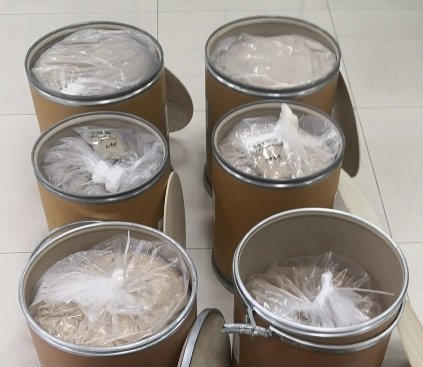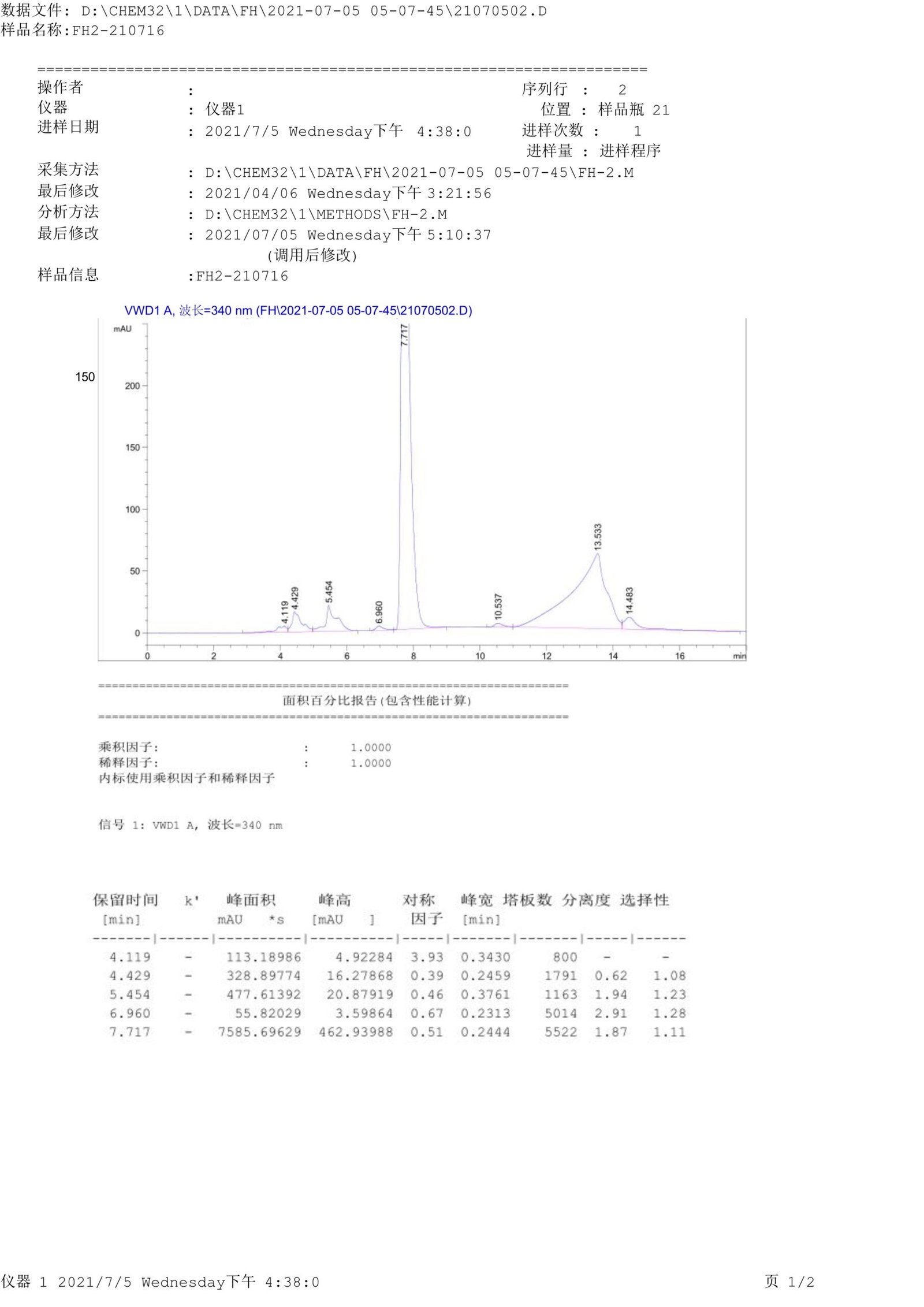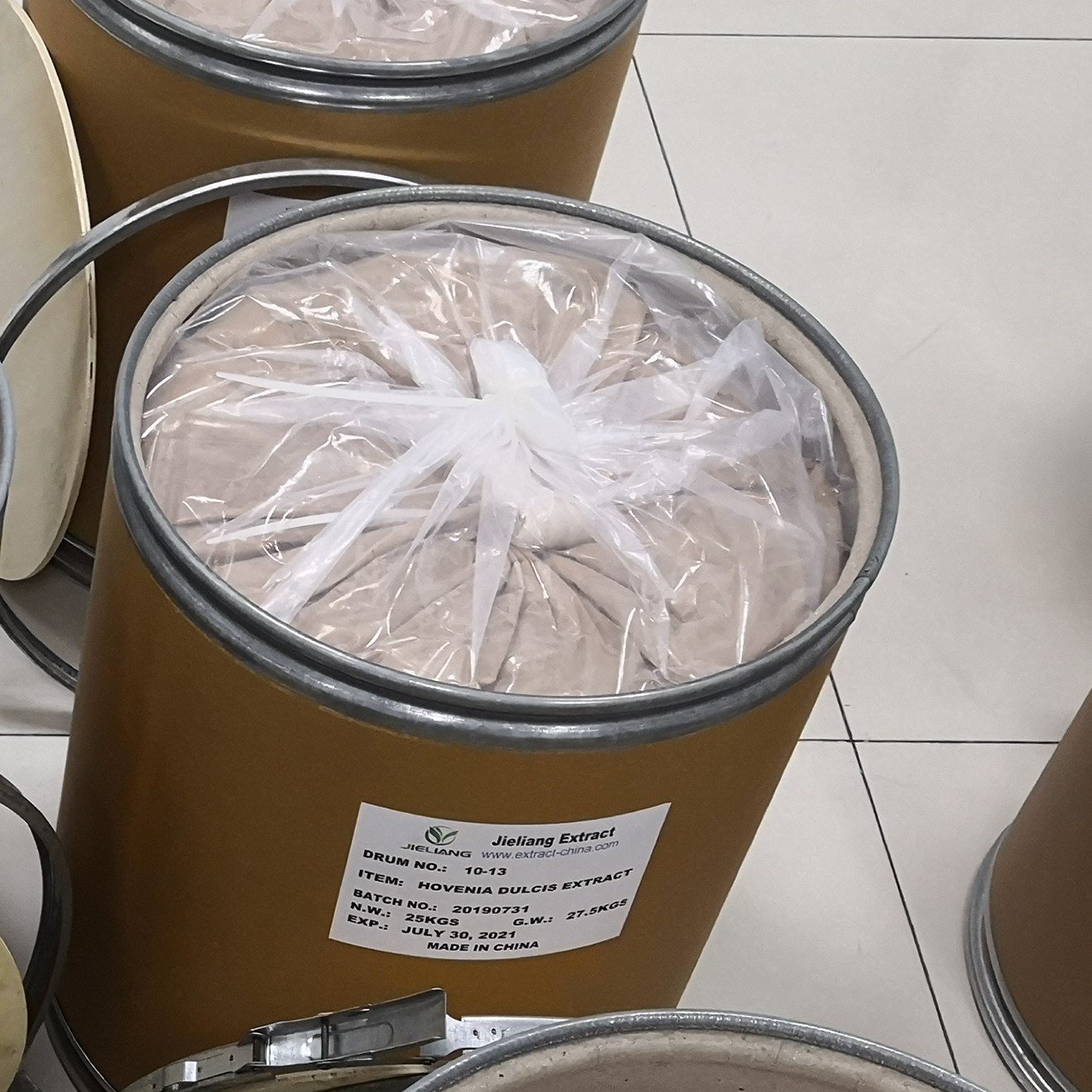Fenugreek total saponins is extracted by ethanol from the seed of the plant Trigonella foenum-graecum, it is also called as Fenugreek Extract (CAS NO.55399-93-4).
Fenugreek total saponins exist in the plants of fenugreek seed; it could increase the testosterone levels of body by stimulating the body to produce luteinizing hormone and dehydroepiandrosterone. It has been used to treat sexual dysfunction, and to stimulate the muscle growth. Both effects are due to its effect of increasing the testosterone levels. The present study indicates that its main components, Furostanol saponins,formerly diosgenin saponin, plays a decisive role in the active ingredient. Aerobics athletes found that after taking the fenugreek saponins, their appetite had been improved. That is considered to be a good thing for those people who want to increase their weight.
Furostanol saponins is a compound in the fenugreek saponins.
4-Hydroxyisoleucine (4-HIL) is a non-protein amino acid found in fenugreek seeds. 4-Hydroxyisoleucine (4-HIL) enhances insulin sensitivity, but its mechanism is still unclear. In this study, 4-Hydroxyisoleucine (4-HIL) intervention reduced weight gain, liver steatosis, and dyslipidemia; moreover, it increased systemic insulin sensitivity and improved insulin resistance in mice.
4-Hydroxyisoleucine (HIL) from fenugreek (Trigonella foenum-graecum) seeds is a potential insulinotropic (anti-diabetic) and anti-obesity amino acid. 4-Hydroxyisoleucine (HIL) stimulates glucose-dependent insulin secretion from pancreatic cells. 4-Hydroxyisoleucine (HIL) activates insulin receptor substrate-associated phosphoinositide 3 kinase activity. 4-Hydroxyisoleucine (HIL) reduces plasma levels of triglycerides, free fatty acids and cholesterol.
4-Hydroxyisoleucine (HIL) is a non-proteinogenic α amino acid produced by the activity of bacterial isoleucine dioxygenase(s). 4-Hydroxyisoleucine (HIL) is being studied to understand its insulinotropic (anti-diabetic) and anti-obesity effects.









